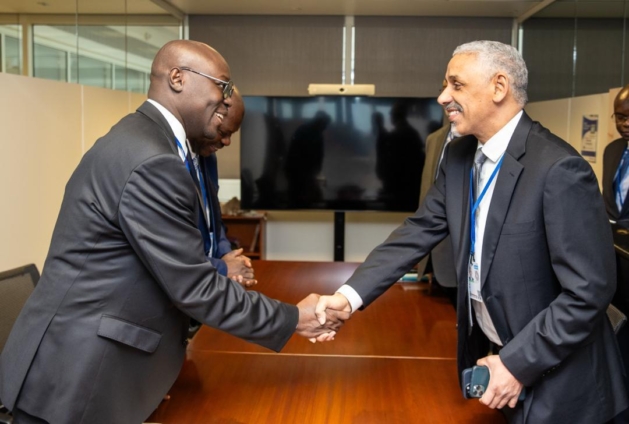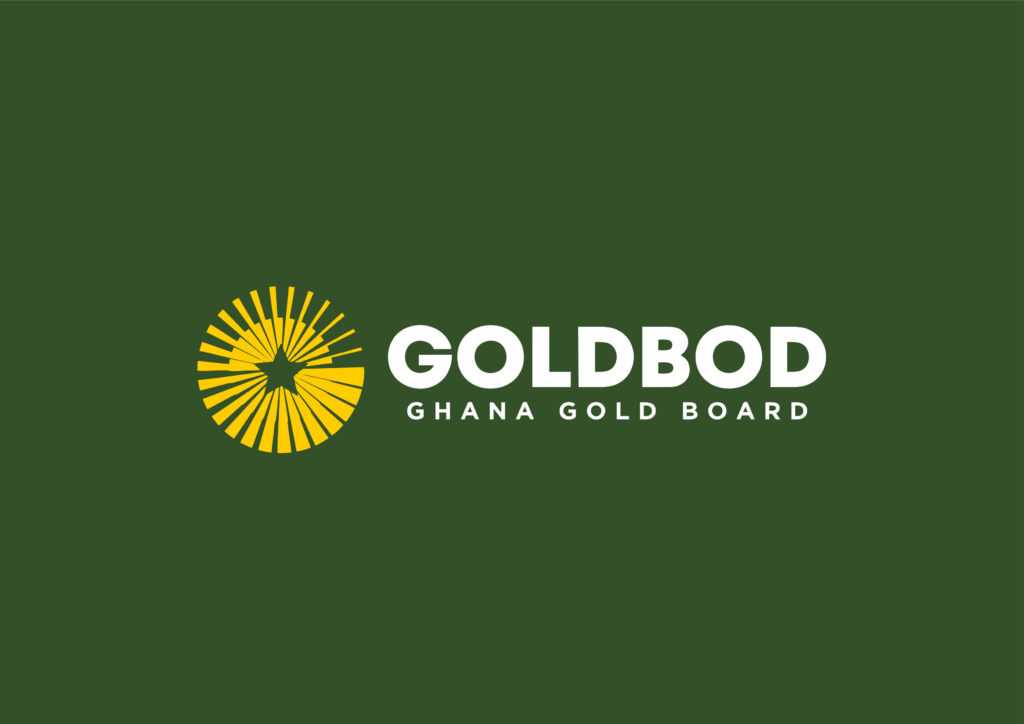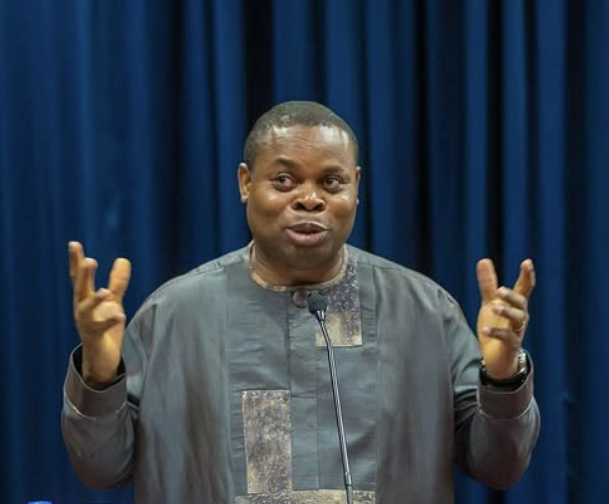Finance ministers from five African countries hailed the county’s pioneering GOLDBOD model as a benchmark for resource-led development across the continent.
The meeting, held on the sidelines of the 2025 IMF–World Bank Annual Meetings in Washington commended Ghana’s approach to natural resource governance.
The high-level meeting in brought together Finance Ministers from Ghana, Liberia, Sierra Leone, The Gambia, and Sudan for strategic discussions with the President of the African Development Bank (AfDB) Group, Dr. Sidi Ould Tah.
Among the wide-ranging issues on Africa’s development agenda, the conversation on natural resource management stood out — with Ghana’s GOLDBOD drawing particular praise and attention.
The ministers commended the initiative for its success in transforming how Ghana leverages its gold resources to support economic growth, strengthen exchange rate stability, and drive sustainable development.
They noted that the model represents a significant shift from the traditional approach, demonstrating how African nations can capture greater value from their natural wealth.
Many countries within this AfDB constituency expressed strong interest in adopting similar approaches to enhance transparency, and improve resource governance in their own economies.
The Ghana Gold Board (GOLDBOD) is the sole authority with the exclusive mandate to buy, sell, weigh, grade, assay, value, and export gold and other precious minerals in Ghana.
Operating under the oversight and supervision of the Ministry of Finance, GOLDBOD plays a central role in regulating the sector and ensuring that the exploration of Ghana’s mineral resources directly supports the nation’s development.
The country’s Central Bank’s gold reserves climbed to a record 37.06 tonnes by the end of September 2025, driven largely by the new Ghana Gold Board (GoldBod) and its domestic procurement strategy.
This uptick, a 21.3% increase from 30.53 tonnes in January, signals a bold push to recast gold as more than a mining export: a strategic reserve buffer.




